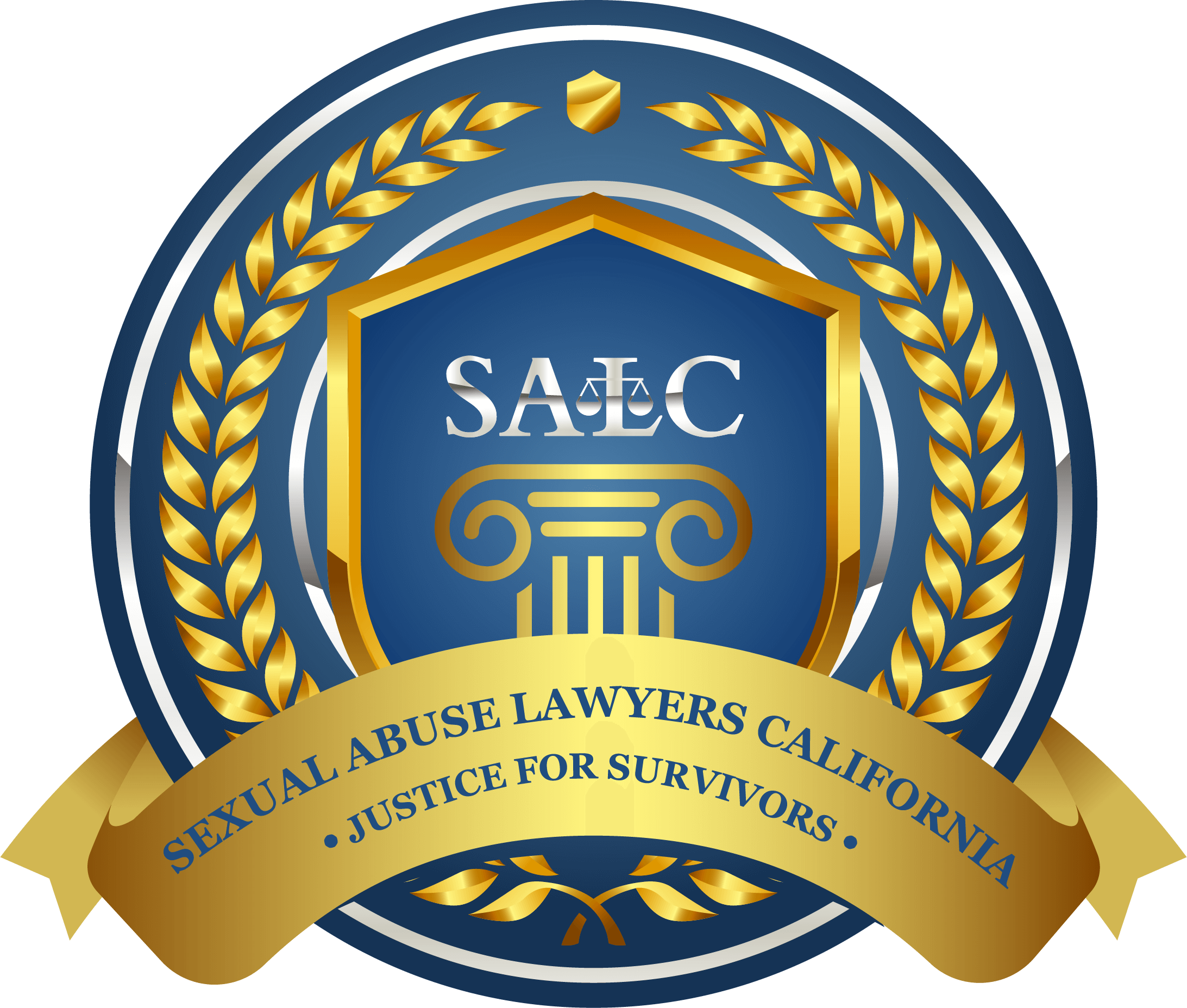Context and Role of the Problem
Sexual misconduct by police officers is a serious breach of trust that affects not just the victims but also the public’s trust in the justice system as a whole. Problems stemming from sexual harassment and assault are pervasive in neighborhoods all around the United States. There is an urgent need for a competent sexual assault attorney in California, where such cases frequently arise. The state’s large population and extensive police force make the need for effective preventative measures all the more pressing.
Coercive acts and taking advantage of the power differential between police and civilians have both been described as causes of sexual misbehavior by police. These acts not only leave victims with lasting emotional and psychological scars, but they also damage the confidence between police and the community that is essential to efficient policing. The implications extend beyond individual incidents, adding to widespread distrust and terror, particularly among disadvantaged populations. Understanding the seriousness and repercussions of this wrongdoing is the first step towards developing significant prevention measures. Addressing this problem is crucial to preserving public faith in individuals sworn to uphold the law and protecting the legitimacy of the judicial system as a whole.
The Complexity of Sexual Misconduct in Law Enforcement
Police sexual misconduct encompasses a range of inappropriate behaviors conducted by law enforcement officers, characterized by the abuse of power for sexual gain. This misconduct can take various forms, from unwelcome sexual advances and harassment to outright sexual assault. A particularly heinous example is sexual abuse at a youth camp, where officers might exploit their authority over young and vulnerable individuals. Other common scenarios include misconduct during traffic stops, custodial situations, or through the exploitation of individuals who are in a disadvantaged position to resist or report, such as those with a criminal record or undocumented immigrants. These acts not only violate the law but also breach the ethical standards expected of police officers, causing lasting harm to victims and damaging the public’s trust in law enforcement. Understanding the diverse nature of these acts is crucial for developing effective prevention strategies.

Effects of Police Culture on Sexual Misconduct
The culture within police departments can significantly influence the occurrence of sexual misconduct among officers. Key elements like the code of silence, power dynamics, and a lack of accountability create an environment where such behavior can thrive unchecked. The code of silence, a deeply ingrained norm in many police cultures, discourages officers from reporting the misconduct of their colleagues. This unwritten rule not only allows perpetrators to avoid consequences but also perpetuates a culture of complicity.
Additionally, the inherent power dynamics in law enforcement can be misused, leading to abuse of authority for sexual exploitation. Officers may exploit their position of power over citizens, particularly those in vulnerable situations. An example is the exploitation of a foster care child, a scenario where a foster care child sex abuse lawyer might become necessary due to the severe breach of trust and authority.
The lack of accountability in some police departments further exacerbates the issue. When allegations of sexual misconduct are not thoroughly investigated or are dismissed without proper scrutiny, it sends a message that such behavior is tolerated, or worse, inconsequential. Addressing these cultural issues within police departments is essential for preventing sexual misconduct and fostering an environment of trust, responsibility, and respect.
Importance of Training and Education
Training and education play a pivotal role in equipping law enforcement officers with the tools and knowledge to prevent sexual misconduct. Comprehensive training programs that focus on ethics, professional boundaries, and the severe consequences of sexual misconduct are essential in shaping a police force that upholds the highest standards of conduct. These programs should address the understanding of consent, the importance of respecting personal boundaries, and the legal and moral implications of crossing these lines.
Such training becomes even more critical in light of cases like hospital sexual abuse in California, where power dynamics and the vulnerability of victims are pronounced. Educating officers about the unique challenges and responsibilities in situations involving vulnerable individuals, such as patients in a hospital, is crucial. Officers need to understand how their actions impact individuals and the community’s trust in law enforcement.
Furthermore, training should not be a one-time event but an ongoing process to continually reinforce these values and adapt to new challenges and societal changes. Regular, updated training sessions ensure that officers remain aware of their responsibilities and the consequences of their actions, ultimately contributing to the prevention of sexual misconduct in the police force.

Implementing Strict Policies and Enforcement
The establishment and enforcement of strict policies against sexual misconduct are crucial in deterring such behavior within police departments. Clear guidelines must be set, delineating unacceptable behaviors and the consequences for engaging in them. These policies should be communicated unambiguously to all members of the force, ensuring that every officer understands the standards of conduct expected of them. Consistent enforcement is key; without it, even the strictest policies lose their effectiveness. This means that any violation, regardless of rank or tenure, should be met with appropriate disciplinary action. Such a framework not only serves to punish and deter offenders but also demonstrates a commitment to upholding ethical standards, essential for maintaining public trust.
The Role of External Oversight and Accountability
External oversight and accountability are vital in the effective handling of police sexual misconduct cases. Bodies such as civilian review boards and internal affairs departments play a significant role in this regard. These entities provide a layer of scrutiny independent of the police department’s chain of command, ensuring impartial investigation of misconduct allegations. Their presence can be particularly impactful in cases like hospital sexual abuse in California, where the victims are often in vulnerable positions and may hesitate to report abuse directly to the police. External oversight bodies can offer an alternative avenue for complaints, increasing the likelihood of reporting and subsequent action.
These bodies also serve a broader purpose in maintaining public trust. By providing transparency and ensuring that misconduct is not swept under the rug, they help to rebuild confidence in the police force. Moreover, they can recommend policy changes and training improvements based on patterns observed in misconduct cases, contributing to systemic reforms that prevent future incidents. Their role is not just punitive but also preventative, aiming to create a culture of accountability and respect within law enforcement.
Implementing Strict Policies and Enforcement
The implementation of clear, strict policies against sexual misconduct is crucial in policing. These policies must unequivocally define unacceptable behaviors and lay out severe consequences for violations. It’s not just about having these policies in place; consistent enforcement is key to their effectiveness. By rigorously applying these policies, police departments can deter potential perpetrators and demonstrate a zero-tolerance stance towards sexual misconduct. This approach not only protects potential victims but also upholds the integrity of the police force, ensuring that officers are held to the highest standards of professional conduct.
The Role of External Oversight and Accountability
External oversight bodies and internal affairs departments are vital in curbing sexual misconduct within police forces. Civilian review boards, independent of the police department, can offer an impartial perspective on allegations of misconduct. Their involvement ensures that investigations into such allegations are conducted transparently and fairly, fostering public trust. These bodies can recommend disciplinary actions, policy changes, and even refer cases for criminal prosecution, making them an essential check against potential abuses of power.
Internal affairs departments play a complementary role by conducting thorough investigations within the police force. Their work is crucial in maintaining professional standards and holding officers accountable for their actions. However, the effectiveness of internal affairs depends heavily on their independence and the rigor of their investigative processes.
Together, external oversight and robust internal affairs investigations create a comprehensive framework for preventing and addressing sexual misconduct, ensuring accountability, and maintaining public confidence in law enforcement.

Encouraging Reporting and Supporting Victims
Creating a safe and supportive environment for reporting sexual misconduct is crucial in addressing this issue. Law enforcement agencies must establish clear, accessible channels for victims and witnesses to report misconduct without fear of retaliation. This includes anonymous reporting options and assurances of confidentiality where necessary. Equally important is providing comprehensive support for victims, which involves offering counseling services, legal assistance, and ensuring their safety and well-being throughout the investigation process. These measures not only aid the victims but also reinforce a culture of accountability and transparency within the police force.
Community Engagement and Building Trust
Effective community engagement is a cornerstone in building trust and preventing sexual misconduct by police. Regular interaction and dialogue between law enforcement agencies and the communities they serve foster a mutual understanding and respect. Community meetings, outreach programs, and collaborative projects can bridge gaps and create a shared commitment to maintaining safety and upholding ethical standards. By involving community members in discussions and decision-making processes, police can gain valuable insights, enhance transparency, and build a foundation of trust that discourages misconduct.
Looking Ahead: Continuous Evaluation and Improvement
The fight against police sexual misconduct requires ongoing evaluation and adaptation of strategies. Law enforcement agencies must continuously assess the effectiveness of their policies, training programs, and prevention measures. This involves collecting data, reviewing case outcomes, and seeking feedback from both within the police force and the community. Identifying areas for improvement and adapting to emerging challenges are essential for the evolution of effective strategies. Regular audits and reports on the measures taken not only ensure accountability but also demonstrate the agency’s commitment to continuous improvement and the highest standards of conduct.










